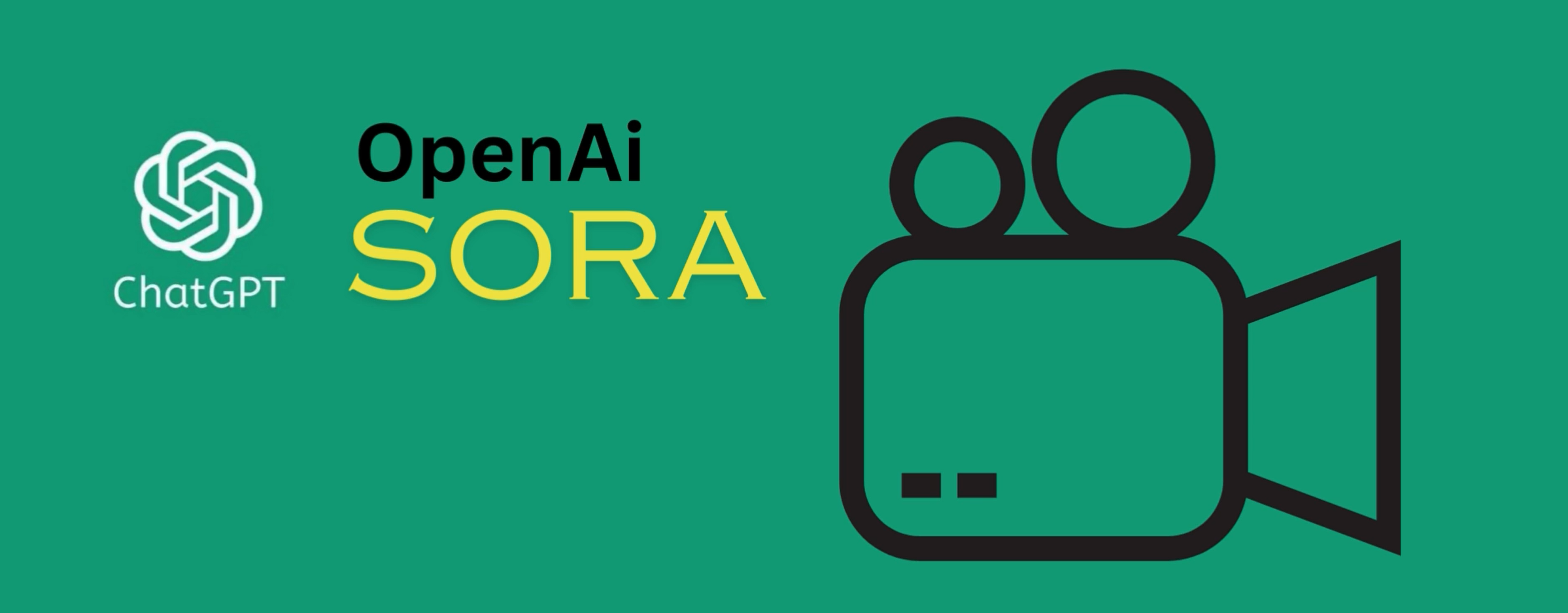“From mountain peaks to ocean depths, witness Sora’s magic unfold with AI-generated videos beyond your wildest dreams!”
Now OpenAI’s Sora is not equipped with technology that can create a minute long videos from text prompt. OpenAI CEO Sam Altman announced the model’s creation on X on Thursday.
1) What https://t.co/w6b9T1WWue
— Sam Altman (@sama) February 15, 2024
Have you ever dreamt of creating captivating and interesting videos since owning a smartphone? Well, now you can effortlessly achieve that dream with OpenAI’s Sora, requiring no effort on your part!
The unveiling of OpenAI’s Sora indeed represents a significant milestone in the field of AI-generated content, particularly in video production. With its promise of delivering realistic videos based on text prompts, Sora has captured the imagination of users eager to explore its creative capabilities. This development comes at a time when AI technologies are increasingly pushing the boundaries of what’s possible in various creative domains.
https://t.co/rmk9zI0oqO pic.twitter.com/WanFKOzdIw
— Sam Altman (@sama) February 15, 2024
Sora’s emergence follows the footsteps of previous models like Runway’s Gen-2, which, while pioneering, fell short of delivering the level of realism and coherence now promised by Sora. This highlights the rapid pace of advancement within the AI community, with each iteration aiming to address shortcomings and push the technology forward.
However, alongside the excitement surrounding AI advancements, there are valid concerns about the potential misuse of AI-generated content, particularly in the spread of misinformation and disinformation. OpenAI’s collaboration with red teamers to assess risks and implementation of measures like C2PA metadata for provenance verification demonstrate a proactive approach to mitigating these concerns. Nonetheless, addressing the ethical and societal implications of AI technology remains an ongoing challenge for the industry.
OpenAI’s “iterative deployment” doctrine reflects a thoughtful approach to introducing AI advancements gradually, allowing for societal adaptation while prioritizing safety. However, controversies surrounding data usage, particularly the decision not to disclose Sora’s training data, highlight the complex issues of data ownership and consent in the AI landscape. As AI technologies continue to evolve, discussions around intellectual property rights and the role of AI in creative processes will undoubtedly intensify, shaping the future of industries like visual arts and entertainment.


